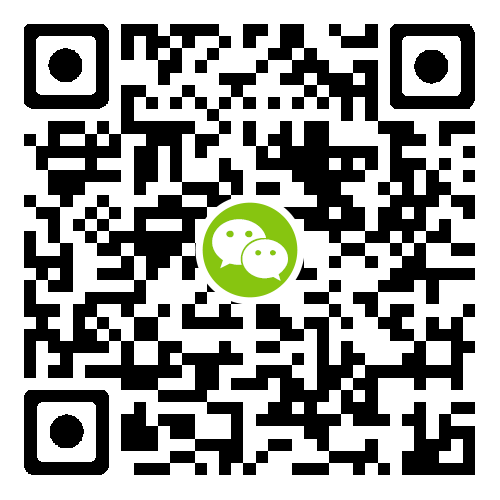我每天都会在社交媒体上收到很多不错的问题,并选出一些进行回复。有读者告诉我,他们也想看看这些问题和回复,所以我决定把它们整理起来,用全新的“每周回答”形式与大家分享, 让更多读者受益。欢迎大家继续和我讨论这些问题以及有关《原则》等话题。

提问 1
极度开放等同于轻信他人。
回答 1
头脑极度开放与轻信他人完全无关。极度开放是一种愿意听取和客观考虑他人意见,并在意见合理时改变自己想法的能力。这是通过听取他人观点来减少做出错误决策的过程。真正聪明的人都是这样头脑极度开放,但大部分人不是这样的。他们通常有自己的结论并坚持己见,只听取与自己的结论相符的信息,排斥持相反意见的声音。这在我看来是很愚蠢的。
Being radically open-minded is nothing like being gullible. It means having the capacity to take in and objectively consider what is being presented and change one’s mind if the evidence is good. It is the process of hearing other points of view in order to reduce the chances of making a bad decision. Truly smart people are radically open-minded in the way I’m describing, whereas most people are not. They typically form their conclusions and stick with them filtering the information to accept that which supports their conclusions and get angry at people who present opposing views. To me that’s really stupid.
提问 2
回答 2
一个能训练头脑极度开放的方式是用好奇的态度去看待自己是否对一些事情有错误的理解(例如政治上的认知),之后你要找到三个与你持相反观点的人,让他们解释他们的理由并认真听取,直到你可以真诚地告诉对方“我能够理解你的观点”。这时,你就算成功做到了“倾听意见”这一步。然而,你的目标是要不断重复这个步骤,直到找到值得你去改变观点的建议。至此,你会充分体会到因头脑的极度开放而使你改变自己的观点!!!这样,你就有了一次头脑极度开放的经验。经常这样做,你就会养成习惯,在做决定之前考虑问题的两面。当养成这种习惯,你反而会因没有极度开放而感到别扭。因为那时,你已经对事物有更广泛的认知,你会对自己的想法进行压力测试来提高你做出正确决策的概率,你会学到更多,并与那些认为你是讲道理、愿意听取他人意见的人建立更深层次的关系。
An exercise that you can do to build the skill of being radically open-minded is to be curious about whether you are wrong about something (e.g. something political), so that you will seek out three people who have opposing points of view and ask them to explain their reasonings and hear them well enough that you can sincerely say “I can see your point of view.” At that point you will have succeeded in “taking in” pretty well. However, your goal will be to do that until you find something that you change your mind about. That will give you the experience of having been open-minded enough to have changed your mind!!!! You then will have had that radically open-minded experience. Do that regularly so that you get in the habit of seeing both sides of issues before making your decisions. When you get in the habit of doing that, you will become comfortable doing it and uncomfortable not doing it. That’s because you will see much richer pictures of all the issues you look at, you will have stress-tested your thinking, which will raise your chances of being right, you will learn a lot and you will also have deeper relationships with people who will recognize you as reasonable and willing to hear them.
提问 3
从所有可能的角度去看待事物是很困难的,尤其当自己的视角阻碍了你看清全局。对与当前问题相关的方方面面进行完整详尽的分析以得出正确决策之前,所有的可能性都很重要,都必须进行考虑。
回答 3
人们常常告诉我,做他们认为会让结果变得更好的事情是困难的,正如你所说的。我想告诉你和其他人,真正困难的是,因为你不能克服这些困难而无法过上本应该更好的生活。其实这些困难真的没有那么难去克服。当你能改变原本的习惯后,它们就不再困难了。不去做那些对你有益的事情反而会变得困难。当你尝试改变习惯,反馈环也会发生改变,从而你会享受做有益的事带来的收获和成就感。
People often tell me that doing something that they agree they’d be better off doing is difficult, just as you are doing now. I tell them and you that what is really difficult is having a worse life than is possible because you can’t get over those difficulties, which really aren’t so difficult to get over. It’s just a matter of changing your habit so it’s no longer difficult. In fact, it becomes difficult not to do the thing that’s good for you. When you change the habit you change the feedback loop, so you enjoy the rewards and feel good about yourself for doing what’s good for you.
提问 4
回答 4
我一直都以真诚、一致的方式来与所有的受众沟通,保持表里如一对我和那些我想与之建立关系的人最有益,因为他们是欣赏我表里如一的人,即便我们意见相左。如果你开始对不同的人说不同的话(即使是背着他们),将是非常糟糕的。当然,在与不同的人或群体进行对话时,我会考虑他们是什么样的人,以便更好地展开对话。
I speak sincerely and consistently to all audiences, because that integrity is best for me and for my relationships with the people I want to have relationships with (because they are the folks who appreciate my integrity even when we disagree). If you start saying different things to different people, even behind their backs, it will be bad. Of course when communicating with each person or group I take into consideration what they are like in order to do that well.

提问 1
回答 1
从担心你可能是错的出发,接着观察其他人如何用比你更好的方式去看待某些事物。
认识到每个人都有特定的思维盲点,然后试着找到你自己的盲点,无论是通过自我发现还是请了解你的人帮忙指出。这样,当你再次遇到同样问题时,征求那些擅长你弱项的人的意见,并且谦逊地去评估他们的观点。试想一个睿智的人会相信你还是他们。基于这些依据,当你和对方的观点不同时,问问自己,是自己的观点正确还是他人的正确,从而避免那种最常见的偏见——相信自己最有可能是对的。
Start by worrying that you might not be right and then observe others having ways of seeing certain things better than you.
Recognize that everyone has certain types of blind spots and try to find yours, both by yourself and by asking those who know you. Then when it comes to those things, ask for the input of those who are known to be strong where you are weak and be humble when assessing their thinking. Think about whether someone smart would trust you or them. Based on all that evidence, when you disagree, ask yourself whether you’d be smart to bet on yourself being right or them being right, avoiding the common bias to believe that oneself is most likely to be right.
提问 2
理解并且可以赞同“自我意识”这部分,但是对于“思维盲点”有些困惑。既然一个人看不到,他就无法意识到问题的存在,除非他之前的经验告诉他,或者有人帮他指出来。肯定应该有一种更有效的方法来自己发现盲点吧。
回答 2
如果你在某些方面存在盲区,并且你知道那是自己的盲点,你就会知道要跟随他人的指引。但大多数人不愿意承认自己在某些方面存在盲点,然而每个人都有盲点。承认这一点并接受那些能够给出指引的人。这样,将会大大提高一个人的决策能力和生活质量。
If you’re blind in a certain way and you know you’re blind in that way, you will know to follow others’ lead. Most people don’t recognize that they’re blind in some ways, yet everyone is. Recognizing it and following those who can lead, when that’s the case, substantially improves one’s decision making and life.

提问 1
从那些比我有更多丰富经验的人身上,我学到的最有价值的一课是,在生活和工作中要听多于说。吸纳,消化,计划和产出。说得真好。
回答 1
你已经理解了!关键是在不失去自己的客观性和独立推理能力的基础上,奉行头脑极度开放地去接受和考量别人说的话。这样,人们就可以用同样客观的态度去看待他人提出的观点和自己的观点。你可以通过训练和自律来做到这一点,如果你做到了,它将从根本上改善你的决策和生活。
You’ve got it! The key is to be radically open-minded to take in and to consider what is said well without losing one’s objectivity and independent reasoning so that one can look at the ideas presented and the ideas one had with equal objectivity. You can do that with practice and discipline, and if you do, it will radically improve your decision making and your life.
提问 2
我想要听听您对现实主义相对于积极乐观主义的看法,这似乎是当前的趋势。
回答 2
心理评估显示,现实主义会战胜错误的积极性和乐观主义。虽然相比悲观主义,积极性和乐观主义会推动人们更愿意去尝试,然而真正有效的做法是,对自己的优劣势进行准确评估,并防控相应的风险,从而切实实现自己的梦想。我经常和那些做着非凡而冒险的事情的人交谈,发现他们是通过超级务实主义来实现这些事的。过度的乐观和积极对他们是致命的。
Psychological assessments have shown that realism will win out over inaccurate positivity and optimism. While positivity and optimism will tend to make people more willing to try than pessimism will, what works best is practically reaching for one’s dreams with accurate assessments of one’s strengths and weaknesses and with good protections against one’s risks. I talk regularly to people who do remarkable and risky things and see that the way they accomplish them is through hyperrealism. Excessive optimism and positivity would kill them.
文章来源 | 瑞·达利欧
图片来源 | 瑞·达利欧
网站编辑 | 卢玢妤
- 还没有人评论,欢迎说说您的想法!




